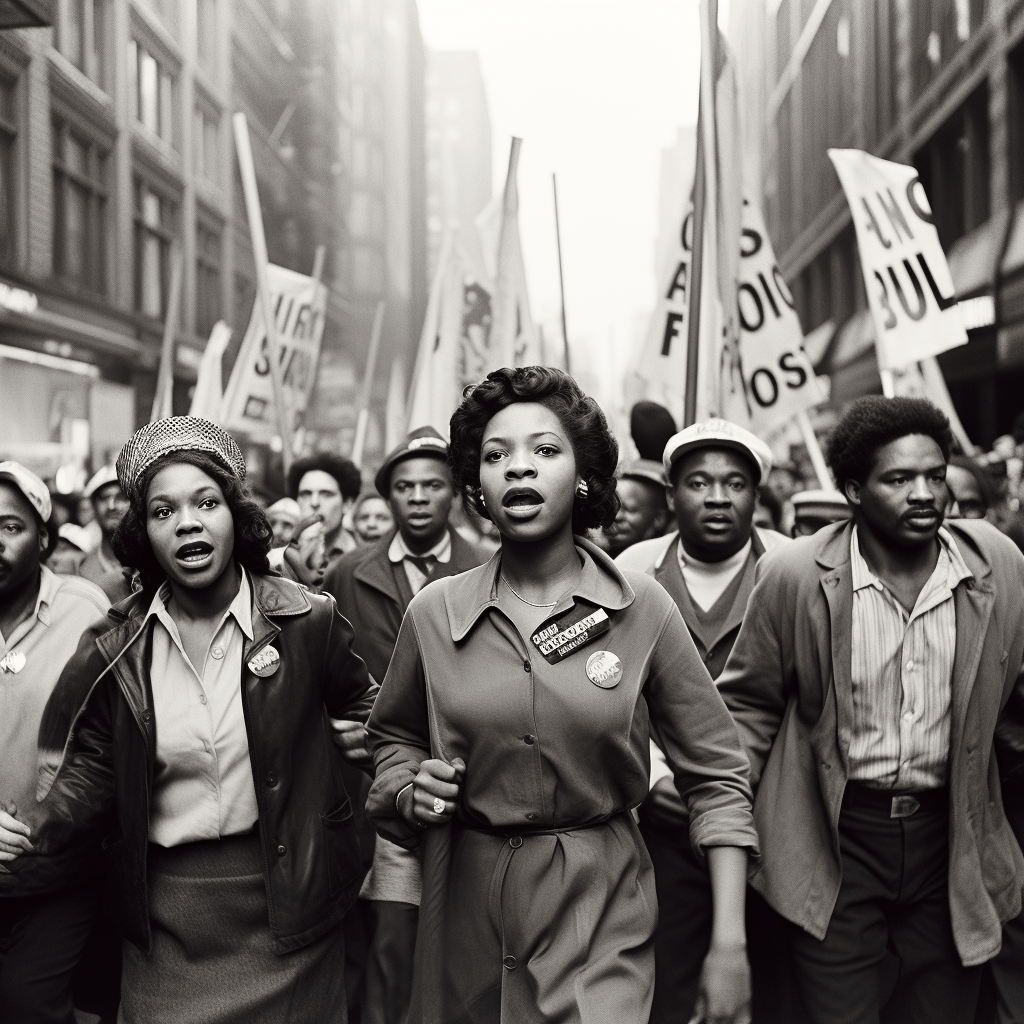
The Resilience of Solidarity: A Historical Overview of Strikes in the Black Community
Introduction
The Detroit Public Schools Community District (DPSCD) recently reached a tentative agreement with its primary teachers’ union, marking a significant milestone in the ongoing struggle for workers’ rights. Strikes have long been a powerful tool for advocating meaningful change, particularly within the Black community.
The Historical Context: A Legacy of Struggle
Strikes within the Black community have a rich history, dating back to the 18th century when enslaved Africans orchestrated work stoppages on plantations. The role of Black workers in organized labor movements gained prominence in the late 19th and early 20th centuries, especially during the Harlem Renaissance.
Strikes as a Tool for Change
The 20th century saw an increase in strikes within the Black community, fueled in part by the Great Migration. Labor activism became a cornerstone of the fight for equality, culminating in events like the March on Washington for Jobs and Freedom.
Strikes During the Civil Rights Movement
Strikes became a strategic tool during the Civil Rights Movement. The 1968 Memphis sanitation workers’ strike serves as a poignant example, not only leading to improved working conditions but also becoming a rallying point for broader social justice issues.
Strikes in Detroit: A Case Study
Detroit has a unique history of strikes, particularly in the auto industry. The United Automobile Workers (UAW) led the iconic GM sit-down strike, which became a blueprint for future labor movements. This history is deeply intertwined with the astonishing strength and resilience of Black workers in the city.
Current Scenario and Future Prospects
Today, unions like the UAW are still fighting for workers’ rights in Detroit. With several contracts set to expire, ongoing negotiations are crucial. The fight for fair wages and better working conditions is far from over, and the role of strikes remains as relevant as ever in the ongoing struggle for economic justice.
Conclusion
Strikes have an enduring legacy within the Black community, serving as a powerful tool in the ongoing fight for workers’ rights and fair wages. As we look to the future, the resilience of solidarity continues to inspire and guide us in the quest for racial and economic justice.
